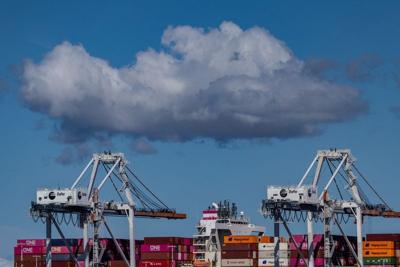The United States has officially suspended the long-standing “de minimis” exemption, a crucial policy that previously allowed low-value commercial shipments to enter the country without incurring US Tariffs, marking a significant shift in U.S. Trade Policy.
This De Minimis Exemption, which permitted packages valued at or under $800 to bypass Import Duties when shipped outside the international postal network, will now see these shipments subjected to “all applicable duties” as of August 29, under an executive order signed by President Donald Trump.
While Trump’s executive order accelerates the change, the legal basis for the worldwide de minimis exemption was already set to be repealed on July 1, 2027, through a tax and spending bill he recently signed, demonstrating a longer-term governmental intent to revise these International Trade regulations.
The White House stated that President Trump is acting more swiftly than required by the “One Big Beautiful Bill Act” to address national emergencies and protect American lives and businesses, signaling a strategic move to re-evaluate Trade Policy practices.
For goods still arriving through the postal system, new Import Duties will apply, either an “ad valorem duty” tied to the country of origin’s effective tariff rate, or a specific tariff ranging from $80 to $200 for a six-month period, depending on the origin’s tariff rate.
The volume of De Minimis Exemption shipments into the U.S. has seen an exponential rise, escalating from 134 million in 2015 to over 1.36 billion annually by 2024, with U.S. Customs currently processing more than 4 million such shipments daily, highlighting the sheer scale of the affected International Trade.
This policy change is particularly pertinent to the E-commerce Impact sector, as Reuters recently reported a 10.7% decline in air cargo shipment volume from Asia since the U.S. previously canceled tax-free exemptions for low-value packages from China in early May, indicating immediate market repercussions for US Tariffs.
Low-value e-commerce from Asia has increasingly dominated global air freight, significantly boosting airlines’ cargo businesses; last year alone, such shipments constituted 55% of goods shipped from China to the U.S. by air, compared to a mere 5% in 2018, underscoring the shift in global trade patterns and their E-commerce Impact.
Companies like low-cost e-commerce platforms, notably Shein and PDD’s Temu, have heavily utilized these de minimis provisions, and will likely face considerable operational adjustments and increased costs, potentially leading to higher prices for consumers due to the new Import Duties.






Leave a Reply